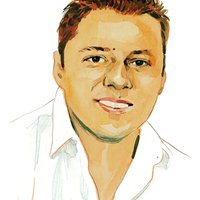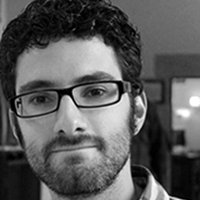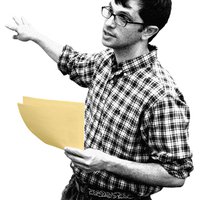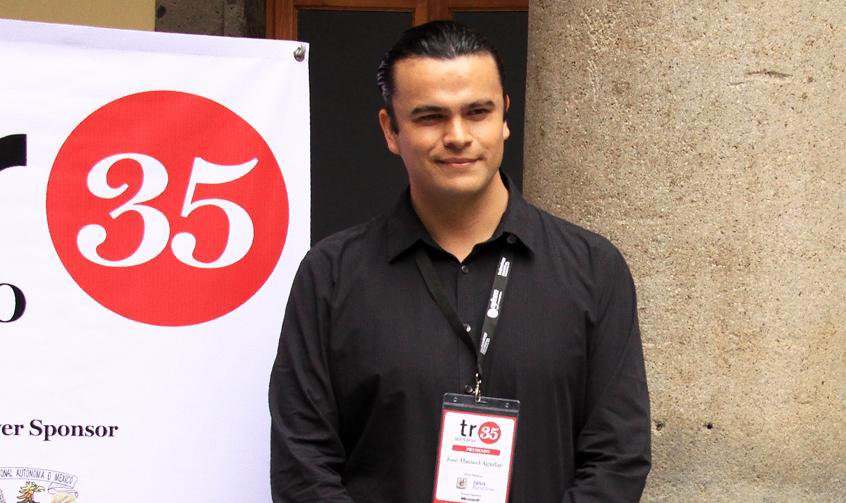"On June 11th, 2009 the World Health Organization announced the emergence of an influenza type A pandemic, caused by a new H1N1 virus of animal origin whose first outbreak had already spread throughout the world.
The antibodies produced naturally by the human body did not seem to protect against this virus, unlike seasonal influenza strains in circulation for decades. The widespread state of alarm triggered an urgency to design and manufacture a specific vaccine to curtail the death toll (which within 14 months rose to at least 18,500) as well as prevent new infections caused by the new variant of the disease.
Meanwhile, in Mexico Jose Manuel Aguilar, a young PhD in molecular biology from the Technological Institute of Monterrey managed, in 3 days, to set up one of the first laboratories to test and diagnose patients suspected of carrying the virus. ""We designed a procedure that included the development of much simpler and affordable technologies for molecular amplification and RNA detection for this virus than those needed previously,"" says Aguilar. His technologies were patented and granted to the Mexican Ministry of Health, thereby granting any laboratory with conventional equipment the capacity to detect the progress of the disease.
In addition to expediting diagnoses, Aguilar was determined to improve the capacity for the production of vaccines to fight the new flu. The pandemic virus had caught the pharmaceutical companies immersed in the production of vaccines for seasonal influenza (causing between 250,000 and 500,000 deaths each year in the world) by surprise, and health authorities warned that stopping this production to focus on the new threat would mean exposing the population of the northern hemisphere to a greater risk than that represented by the new virus. In this situation, the WHO estimated that the first doses to immunize the population would take four to six months to be ready.
For Aguilar, this period of time derived from the limited capacity of the system to cope with an increase in the demand, threatened the supply of the new vaccine, particularly in countries without manufacturing capacity. Faced with this problem, the young researcher proposed the development of a recombinant vaccine in which instead of using the actual virus (which should be incubated in chicken embryos), it will only use their genetic information to produce -in a bacterial system – the protein needed for the vaccine. ""This way, less biosecurity control is required, it is possible to generate larger quantities of protein in the event of a pandemic, with a lower cost and in less time,"" says Aguilar."




